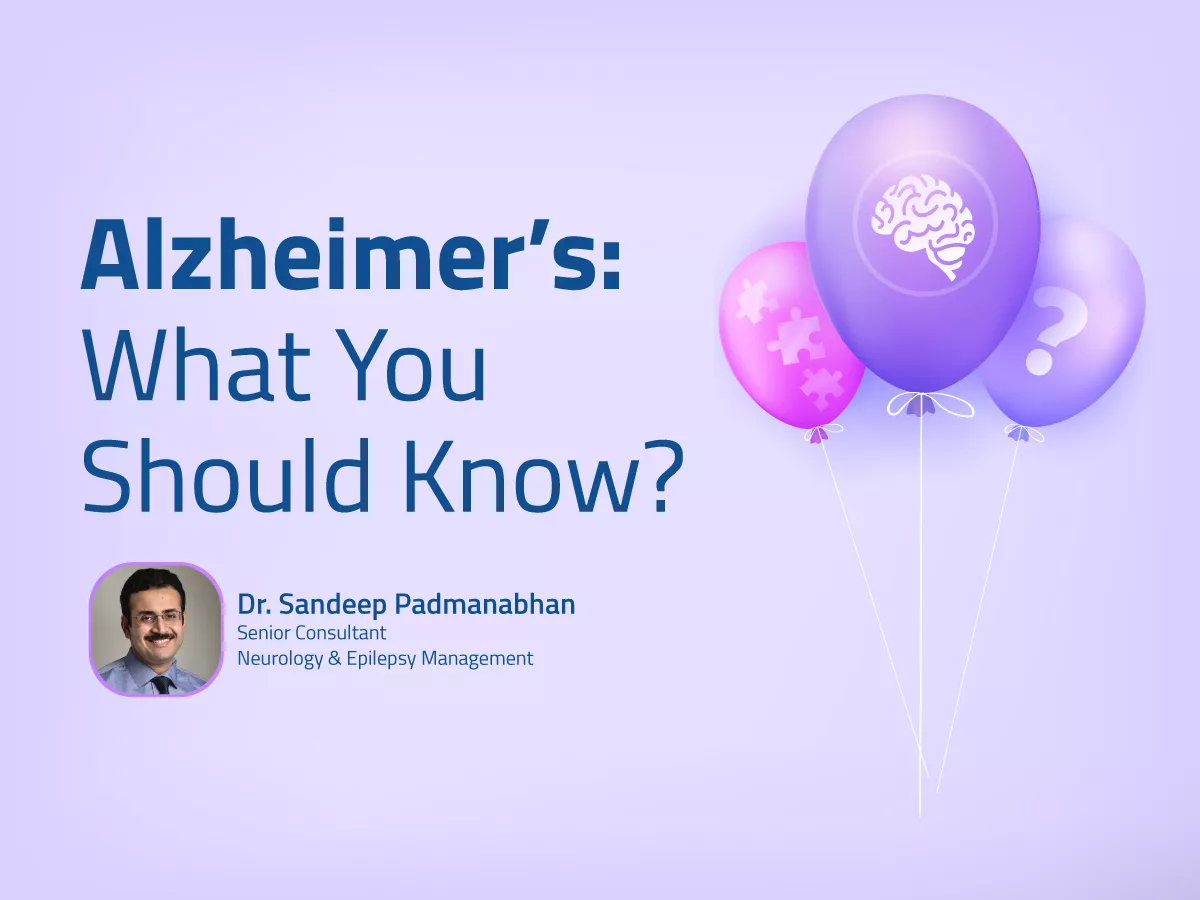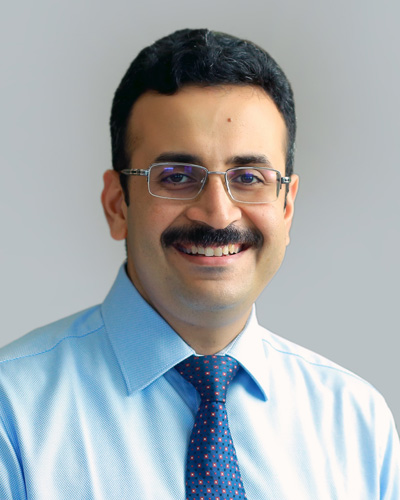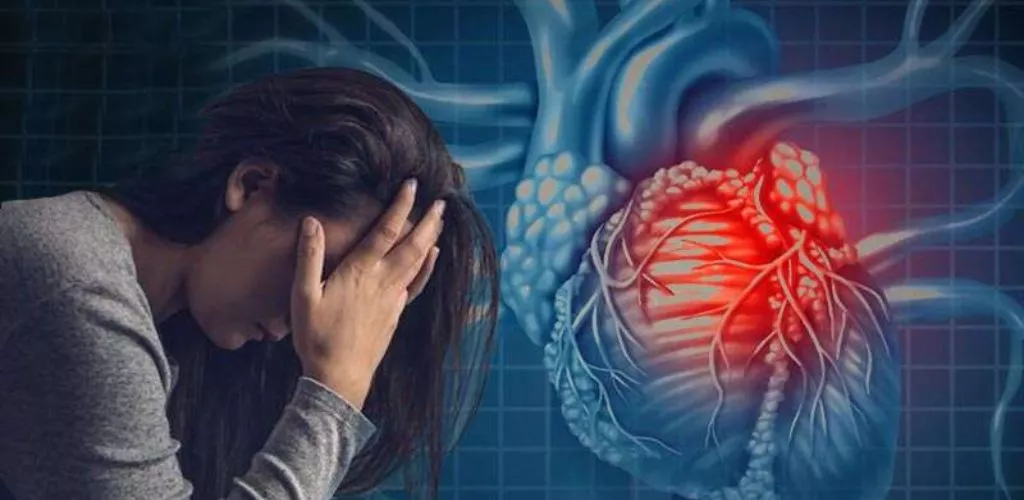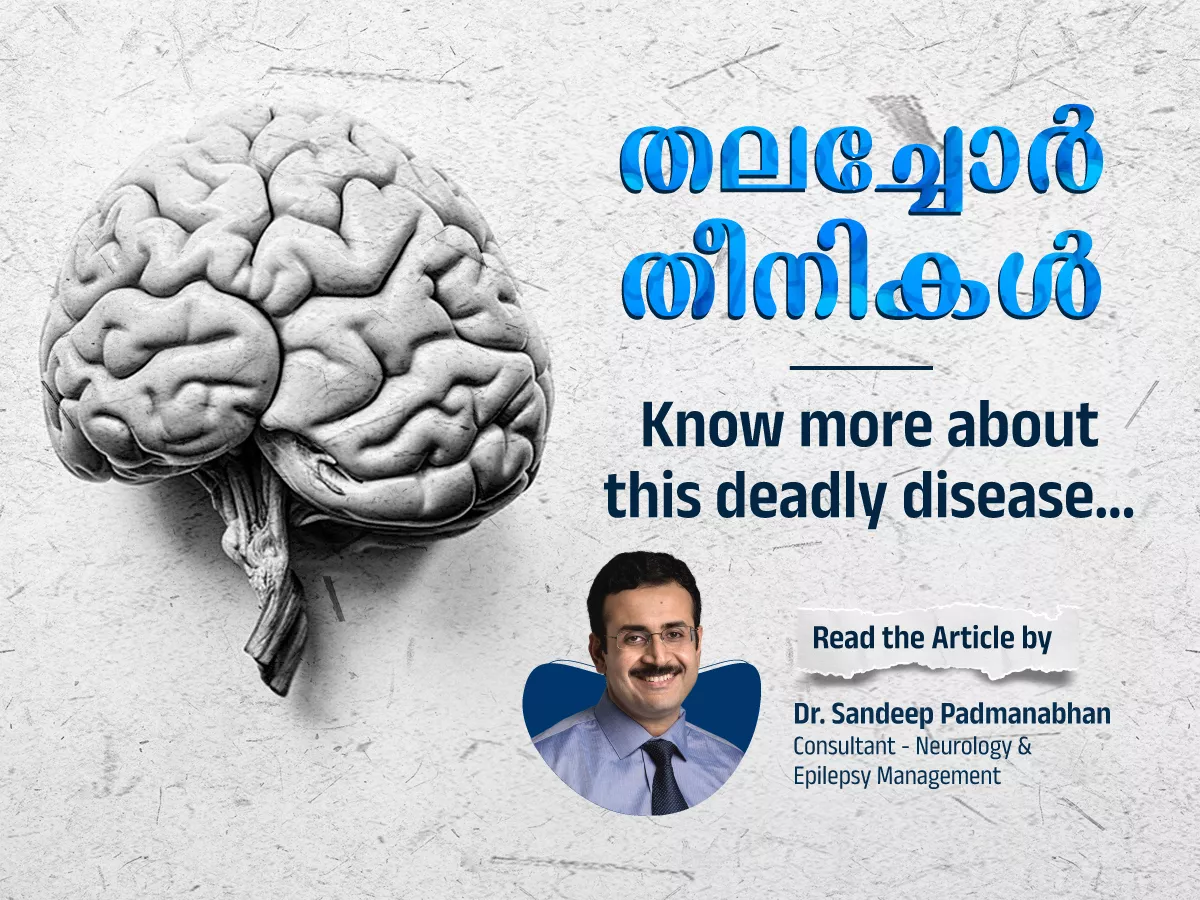Every memory loss is not Alzheimer’s. It has several specific symptoms. Alzheimer’s is a progressive, irreversible brain disorder that destroys memory and thinking skills. Over time, it eventually leads to the inability to perform even simple daily tasks. It is one of the most common forms of dementia, responsible for 60–70% of all cases. This disease mainly occurs in people above the age of 50. There are several reasons and risk factors that can lead to dementia.
Age
Age is the strongest known risk factor for Alzheimer’s disease. Most people diagnosed are over 65. The chances of developing the condition increase as the years go by. With age, the brain undergoes natural changes, such as shrinkage, reduced blood flow and slower communication between nerve cells. These changes make the brain more vulnerable to the abnormal protein deposits.Becuse of this happens memory loss. We can't prevent ageing but adopting healthy habits early can help maintain brain function for longer.
Family History
In most cases, genetics plays an important role in Alzheimer’s. The risk of developing it becomes higher if your family member, including a parent or sibling, has the disease. Knowing your family background can help with early monitoring and preventive care.
Chronic Conditions
Long-term health conditions lead to Alzheimer's. Diabetes, obesity, high blood pressure and heart disease raise the risk. Diabetes can damage blood vessels and nerves. Obesity puts extra strain on both the body and brain, this will lead to memory loss. To reduce the risk of chronic illnesses with proper care, medication and routine check-ups.
Brain Health Factors
The way the brain is cared for throughout life also plays a big role in Alzheimer’s. Repeated Head injuries can increase the chances of developing dementia later in life. The person with Poor sleep habits limits the brain’s ability. Other than this mental health issues like stress, anxiety and depression also reduce brain capacity.
Before understanding the common symptoms, treatment is important. Recognising these symptoms can help avoid confusion about the disease.
What Are The Common Dementia Symptoms?
- Frequent forgetfulness that disrupts daily life
- Difficulty in planning or problem-solving
- Struggling to complete familiar tasks
- Confusion with time, places, or people
- Trouble understanding visual images or spatial relationships
- Withdrawal from social activities
- Sudden changes in mood, personality, or behavior
What is a Memory Clinic?
A specialised service designed to evaluate, diagnose and manage people with memory and cognitive problems is generally called Memory Clinic . It mainly focuses on conditions like Alzheimer’s disease, dementia and mild cognitive impairment. It helps to identify reversible causes of memory loss also.
Why Do You Visit a Memory Clinic?
his is totally designed for the Individuals who suffer from memory concerns.A memory clinic provides specialised evaluation for them. Here, doctors conduct comprehensive assessments including:
● Neurological examination
● Memory and cognitive tests
● Brain imaging and lab investigations
This approach helps differentiate between normal age-related memory changes and serious conditions like dementia or Alzheimer’s.
Effective Treatment and Management
There is no complete cure for Alzheimer’s disease. However, Proper medical care and attention can help to improve quality of life and slow down progression.
Treatment options
● Medications: Use of certain medications help to slow down memory loss and confusion.
● Therapies: Cognitive stimulation therapy plays a vital role.
● Supportive Care: Structured activities, routine check ups and caregiver support reduce stress.
● Lifestyle Measures: Balanced diet, physical activity, adequate sleep and social engagement help to improve brain health.
Dementia is one of the major neurological disorders that requires timely medical care. The disease has no complete cure; neurological treatments can help slow down its progression. Thereby, improve the quality of life. In Kochi, several specialists are dedicated to providing advanced care in neurology. Aster Hospital stands out as one of the best neurology departments and it offers complete evaluation and memory loss treatment for those who seek support.







